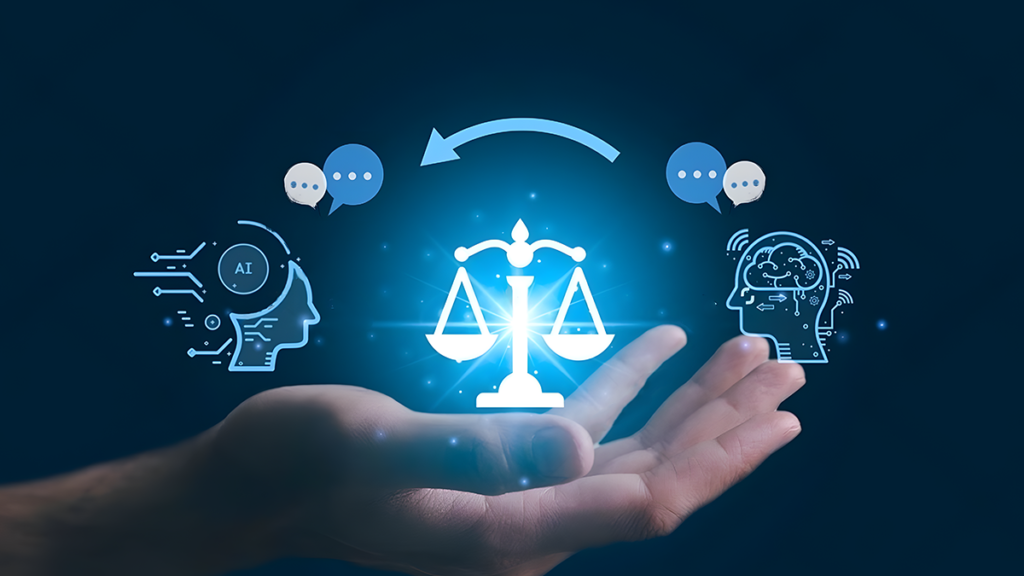Despite being in the early days of artificial intelligence, the technology has already proven to be highly disruptive across numerous business sectors – and arbitration may be next. As AI possesses the remarkable ability to perceive, reason, and solve problems, its transformative power is likely to become an essential tool in modern legal landscapes.
The arbitration community has long embraced AI to boost technological efficiency. Recently, AI has not only streamlined processes but also elevated international arbitration’s status as the go-to forum for resolving commercial disputes. Gone are the days of stenographers and manual transcription; today, AI-driven tools are at the forefront, propelling the field forward.
The need for efficiency in time, resources, and costs has driven investment in machine learning and natural language processing (NLP) technologies. These innovations have revolutionized document-intensive stages of arbitration. For instance, electronic discovery programs can swiftly analyze vast amounts of electronic data, pinpoint relevant materials, and compile them for discovery in mere hours instead of days. AI-powered translation software also offers preliminary content interpretation across multiple languages, reducing the need for human linguists.
The arbitration community has shown a sophisticated acceptance of new technologies, ensuring appropriate checks and balances to maintain the integrity of the process. Translation software, for example, helps identify relevant materials in different languages, while procedural rules allow tribunals to control document translation methods.
The embrace of AI opens up a world of possibilities, balancing exciting prospects with potential challenges. By leveraging AI, arbitrators and legal practitioners can significantly streamline case management. AI automates tedious tasks such as document analysis, enabling legal professionals to focus on building robust arguments and crafting persuasive submissions. Predictive algorithms, based on past arbitration awards and legal decisions, help parties make informed settlement choices, boosting the likelihood of successful claims.
AI also enhances witness preparation. Tools analyze case documents and transcripts, helping legal teams develop clear, persuasive submissions and tailored questioning strategies. AI can simulate cross-examination scenarios, aiding witnesses in anticipating tough questions and preparing effective responses.
Arbitrators benefit from AI’s support capabilities. Machine learning can draft routine sections of awards and create preliminary timetables based on procedural rules and party availability. AI’s role in quality control is invaluable, flagging inconsistencies and potential biases in draft awards, thus enhancing their quality and reliability.
The impact of AI in arbitration extends beyond efficiency. It has the potential to transform dispute resolution by augmenting arbitrators’ capabilities, improving decision quality, and reshaping legal proceedings.
As AI evolves, the international arbitration community must adapt responsibly. This involves navigating new regulations, ensuring professionals are adequately trained, and maintaining compliance across various jurisdictions. Different regions may have distinct AI regulatory frameworks, affecting the content, procedure, and venue of arbitration proceedings as outlined in arbitration clauses and agreements.
In conclusion, AI’s integration into international arbitration signifies a paradigm shift, promising to enhance the field while presenting new challenges. The community’s ability to adapt and innovate responsibly will determine how effectively AI’s potential is harnessed in the future of dispute resolution.








